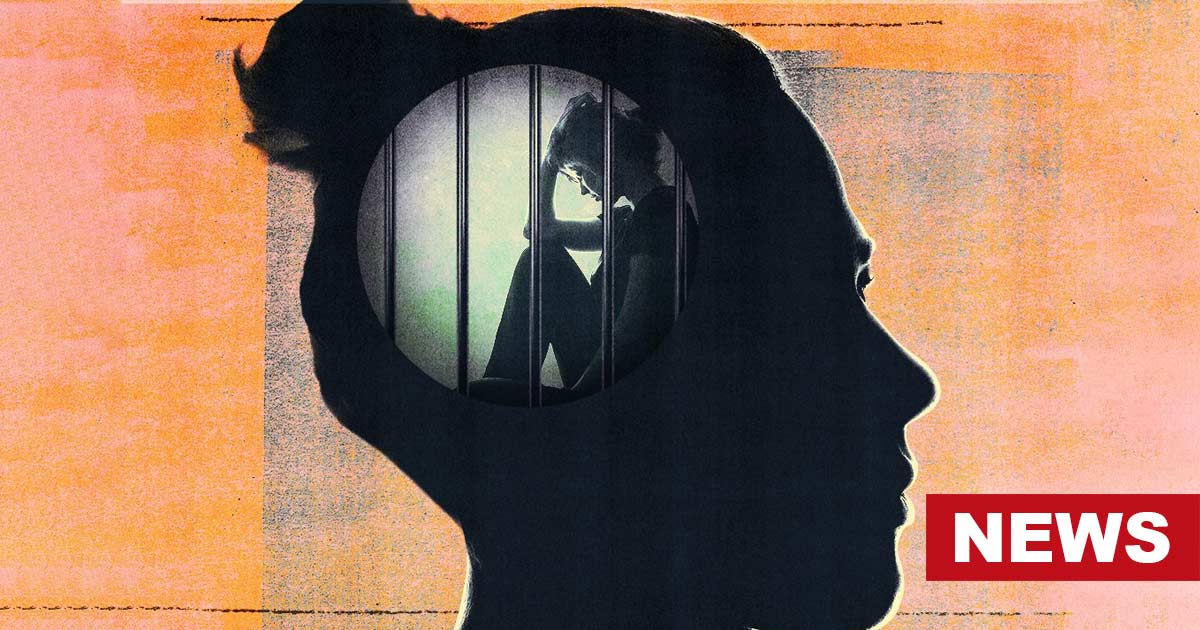- The word “trauma” is often overused and misapplied in contemporary discourse, causing experts to concern about the “cult of trauma”.
- This overuse can dilute the significance of genuine traumatic experiences, pathologize normal responses to adversity, and potentially lead to the medicalization of everyday struggles.
The Intricacies Of The Cult Of Trauma
Trauma, a concept deeply rooted in human experience, has been the subject of extensive research and discussion within the field of psychiatry. Over the years, the understanding of trauma has evolved significantly, leading to the development of various psychological theories and frameworks.
However, there is a growing concern that the word “trauma” is being overused and misapplied in contemporary discourse. Experts have often dubbed this phenomenon condescending
Evolution Of Trauma Theory In Psychiatry
Psychological theories about trauma have undergone significant transformations throughout history. In the early 20th century, Sigmund Freud introduced the concept of trauma as a key component of his psychoanalytic theory.
According to Freud, traumatic experiences that are repressed into the unconscious mind could later resurface and manifest as psychological symptoms. This marked the beginning of the psychodynamic understanding of trauma.
In the mid-20th century, behavioral theories emerged, focusing on the role of conditioning and reinforcement in trauma responses. Behaviorists argued that traumatic experiences could lead to the development of maladaptive behaviors through the process of classical and operant conditioning. This perspective emphasized the external factors that contribute to trauma and its effects on behavior.
As the field of psychiatry advanced, with the linking between trauma and mental health, cognitive theories gained prominence. Cognitive theorists highlighted the role of thoughts, beliefs, and interpretations in the experience of trauma.
According to cognitive models, traumatic events can lead to negative cognitive distortions and dysfunctional schemas, resulting in various psychological disorders such as post-traumatic stress disorder (PTSD). Cognitive-behavioral therapy (CBT) emerged as an effective treatment approach for trauma-related disorders, emphasizing the modification of maladaptive thought patterns.
The emergence of neurobiological research has further enriched trauma theory. Studies have shown that traumatic experiences can have profound effects on brain structure and function, particularly in regions involved in emotional regulation and threat detection.
This neurobiological perspective has contributed to a deeper understanding of the physiological processes underlying trauma responses and has informed the development of interventions targeting these mechanisms.
Is The Word “Trauma” Thrown Around Too Much?
While the advancements in trauma theory have undoubtedly expanded our understanding of psychological distress, there is growing concern about the casual use of the term “trauma” in contemporary discourse. In recent years, the word has become somewhat of a cultural buzzword, often applied to a wide range of experiences that may not meet the clinical criteria for trauma.
This overuse of the term “trauma” can have several consequences. Firstly, it dilutes the significance of genuine traumatic experiences. Trauma, by definition, involves exposure to an event that is perceived as life-threatening or severely distressing.
Applying the term too loosely may undermine the gravity of actual traumatic events, potentially leading to a desensitization of society to the experiences of those who have truly suffered.
Secondly, the indiscriminate use of “trauma” can contribute to pathologizing normal human responses to adversity. It is natural to experience distress and difficulty coping in response to challenging life events.
However, labeling every distressing experience as “trauma” may create the perception that individuals are inherently damaged or broken, potentially perpetuating a victim mentality and inhibiting resilience and personal growth.
Moreover, the excessive use of “trauma” may lead to the medicalization of everyday struggles. By framing various forms of distress as trauma, there is a risk of relying solely on therapeutic interventions rather than exploring other avenues for growth and resilience-building, such as social support networks, personal development, or self-reflection.
Therefore, the overuse of the term “trauma” in contemporary discourse raises concerns about the dilution of its true meaning and the potential consequences of pathologizing normal human responses to adversity.
It is essential to approach the concept of trauma with caution, recognizing its clinical significance while also acknowledging the resilience and adaptive capacities inherent in the human experience. By doing so, we can foster a more balanced understanding of trauma and create a culture that promotes healing, growth, and empowerment.
Know More About –
- Post-Traumatic Stress Disorder (PTSD)
- Symptoms Of Post-Traumatic Stress Disorder (PTSD)
- Cognitive Behavioral Therapy (CBT)
Related Articles –
- The 4 Types Of Trauma Responses And How To Reclaim Your Life
- Suffered Trauma? 7 Keys To Unlocking Post-Traumatic Growth
- Unexpected Trauma after Abuse


























